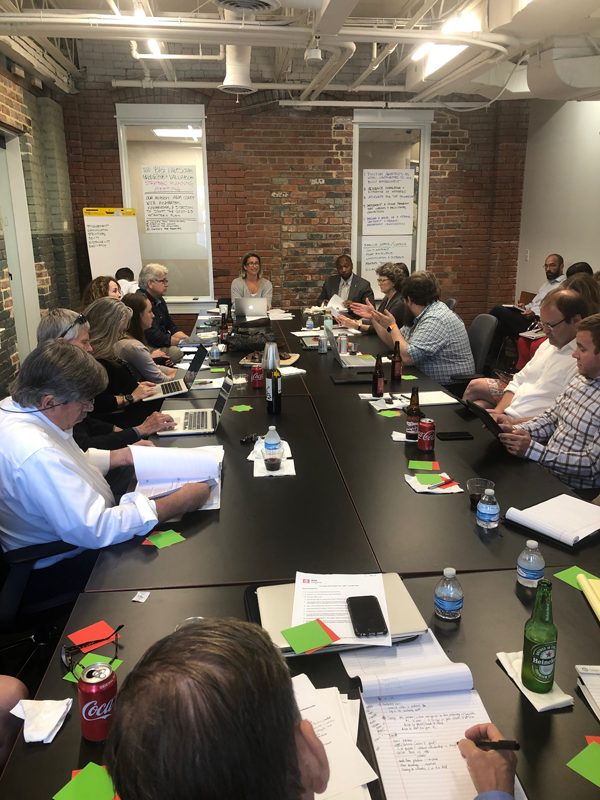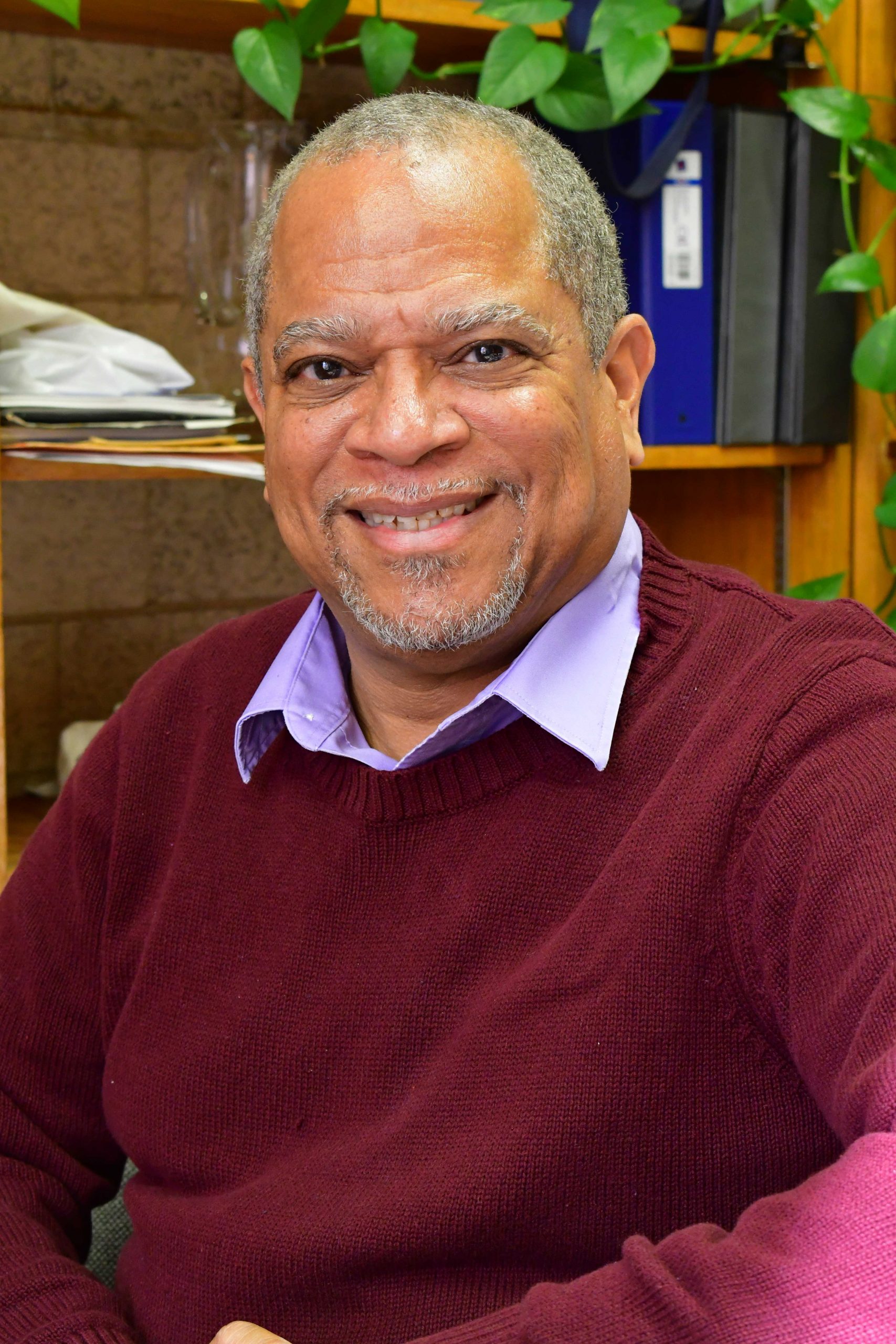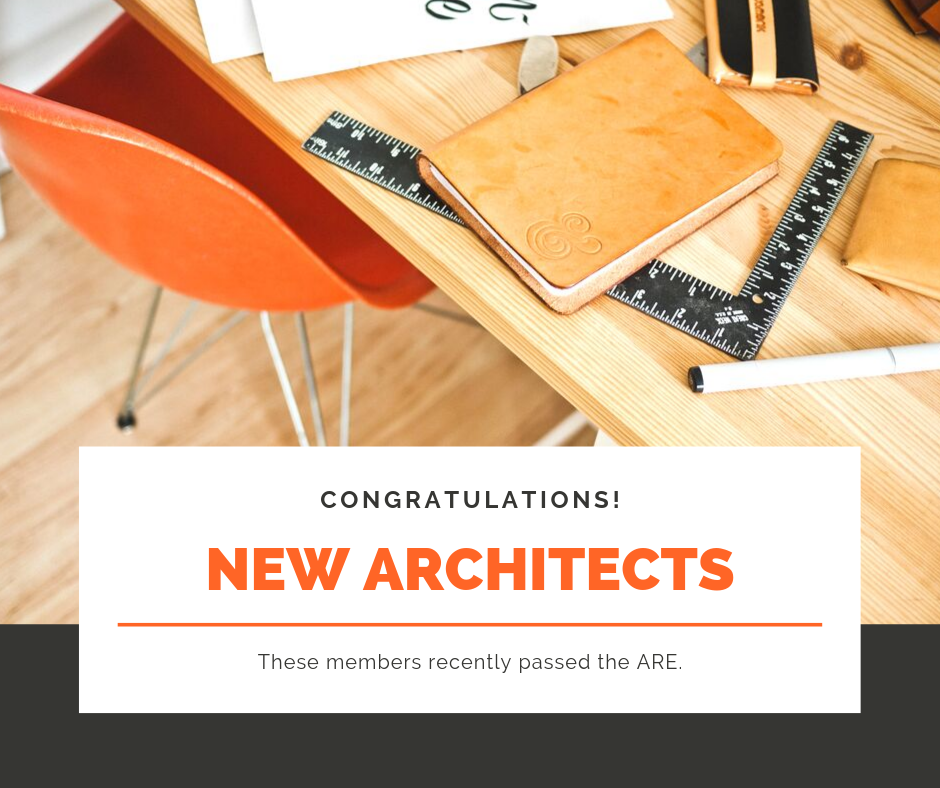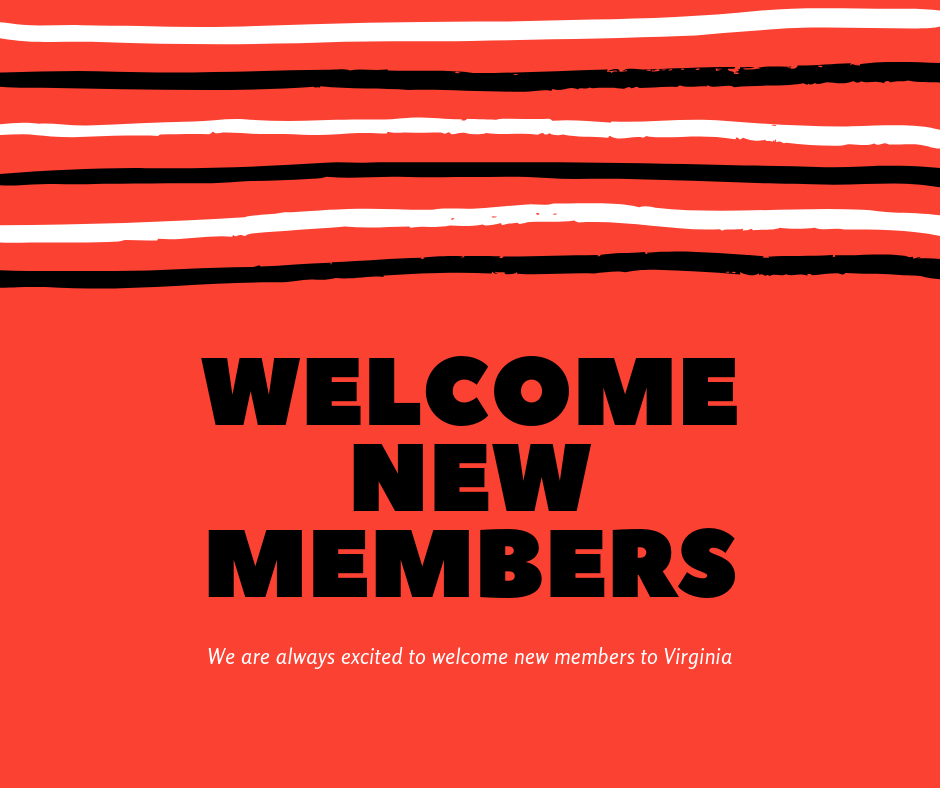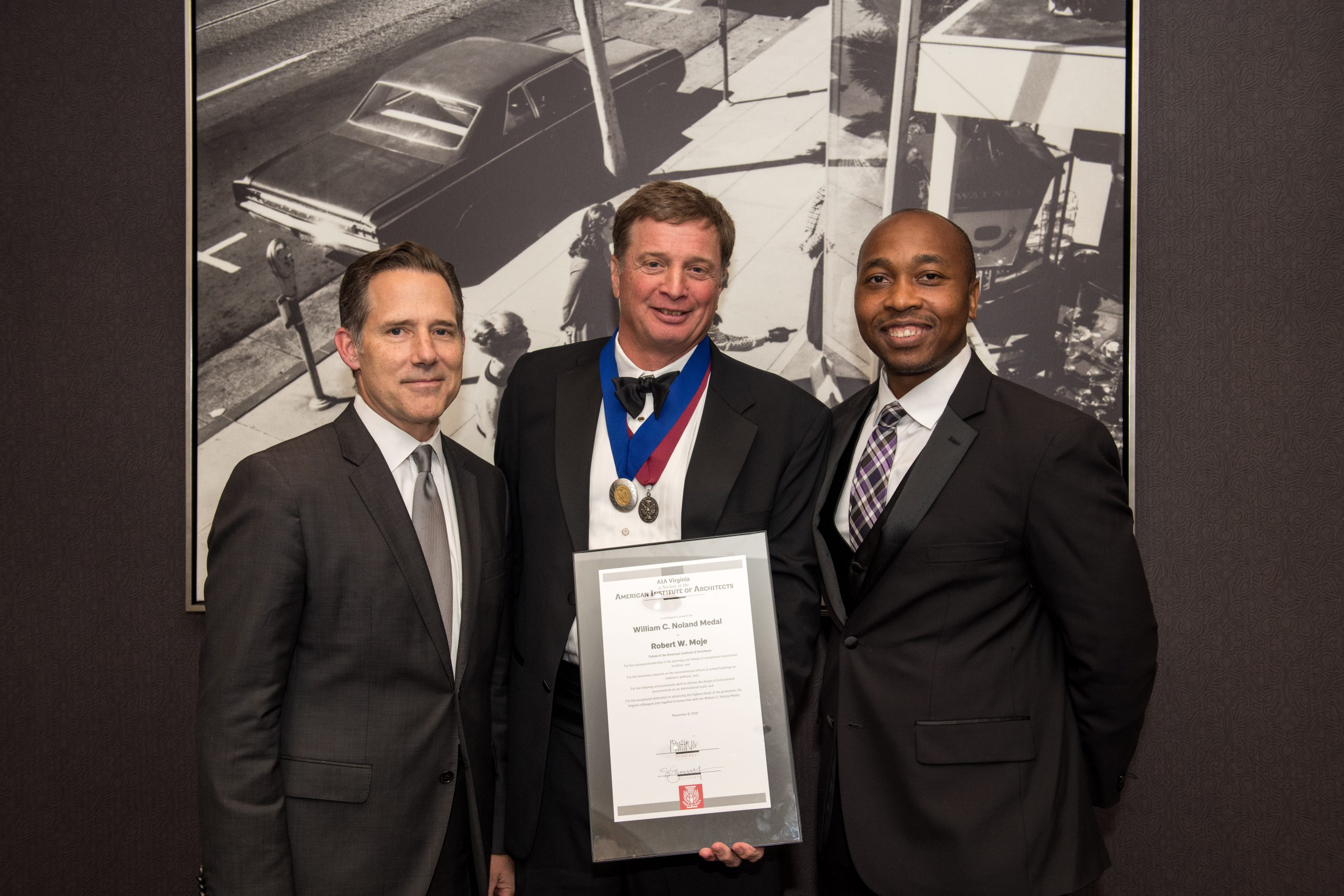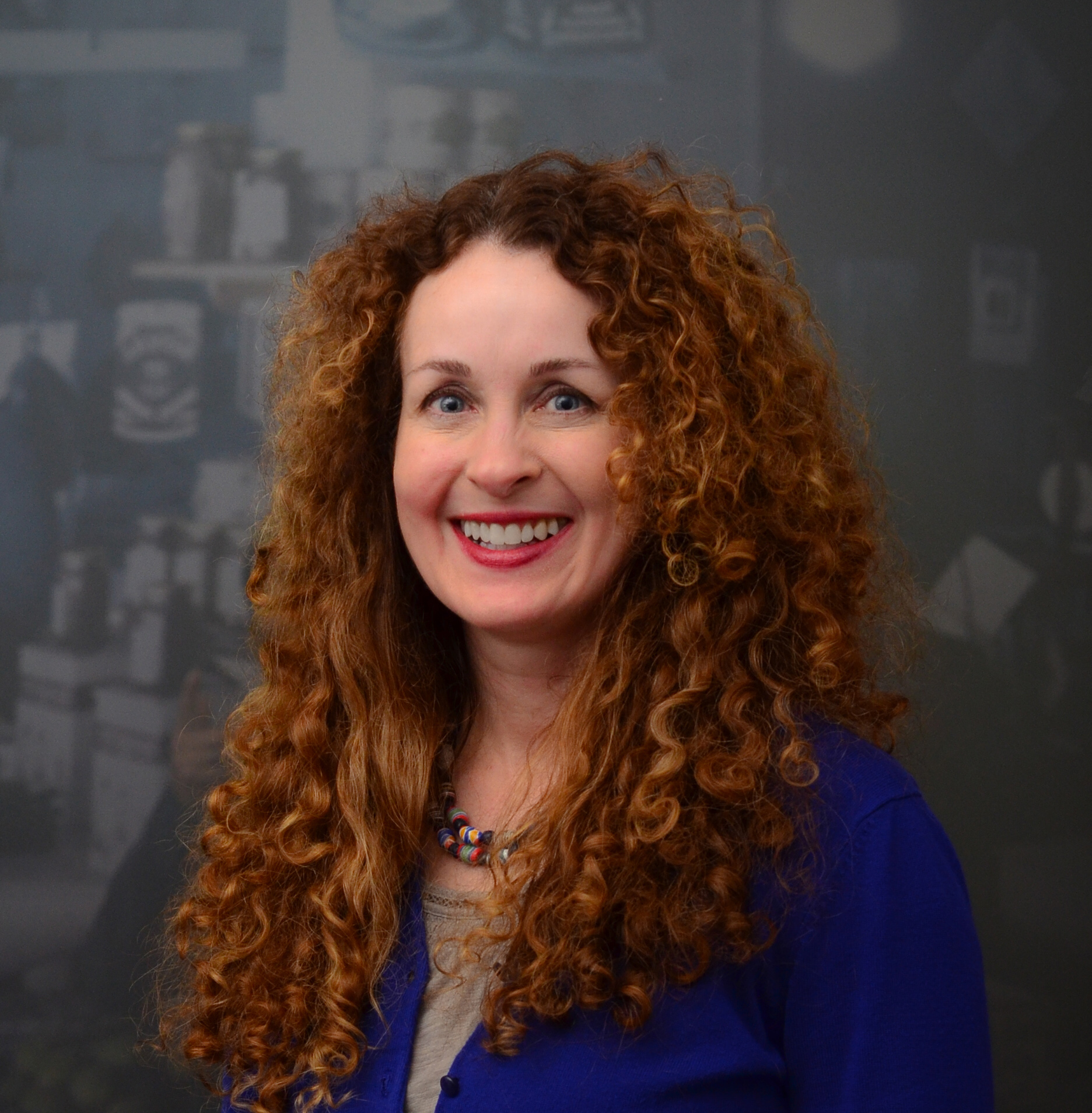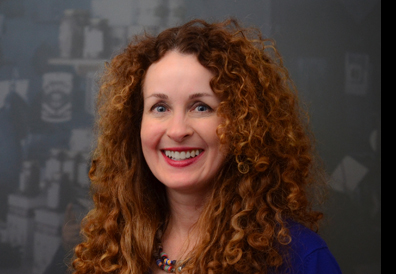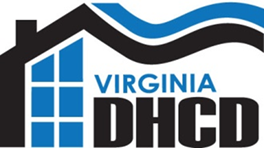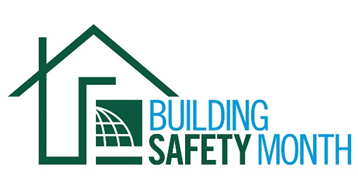AIA Virginia is launching an initiative to connect our members with architecture students graduating in May 2020 from Virginia schools of architecture.
If you are interested in becoming a mentor to a graduating student, click here to sign-up.
Many of those graduating from Virginia’s schools of architecture this year are facing an unprecedented time in the world. A global pandemic has ravaged the economy, unemployment numbers are currently bleak, and companies are in survival mode. A number of architecture firms have frozen hiring or delayed starting dates. Quarantines and stay-at-home orders have shifted most of our interactions to a virtual space which makes it incredibly difficult to meet new people and form meaningful relationships.
This operation seeks to facilitate building these new relationships by connecting our recent architecture graduates with our AIA Virginia members. AIA Virginia has an approximate pool of 2,300 members to select from to begin building the match-making database. The goal of the AIA is to keep these emerging professionals engaged and connected to the profession. We will call our members who participate Hosts.
Until the public health crisis dictates otherwise, it is envisioned that the recent graduate and Host will engage virtually. The goal is to meet twice per month with this emerging professional, but under no circumstance, commit to not less than once per month. All coordination will be the responsibility of the Host and graduate.
Desired Outcomes:
- Through these forged relationships, keep recent graduates engaged in the profession of architecture during the recovery phase of a global pandemic and troubled economy
- Assuming personality chemistry is formed, these relationships become long-term friendships which is beneficial for career growth and exposure to career opportunities
- Good people know good people. Through these relationships, expose these emerging professionals to other AIA members thus expanding their professional network
- Keep recent architecture graduates in Virginia so that the profession and our own communities can reap the benefits of their contributions and leadership
Below are some activities for consideration to occupy any given meeting or a series of meetings:
- Facilitate the transition to AIA membership (free for graduates)
- Get to know each other
- Align on goals and priorities for the mentoring partnership
- Provide support and guidance for new graduates as they pursue licensure
- Portfolio and resume review and critique (even invite other Architects)
- Mock interview (or real) and critique
- Share about current firm culture, working environment, and projects
- Invite the graduate to a virtual team meeting
- Attend an AIA component virtual event together
- Attend a virtual lunch and learn together and then discuss
If you are interested in becoming a mentor to a graduating student, click here to sign-up. The deadline to sign-up is May 27th.
Are the Kids Alright? read an article by AIAS President Curry, The Current Student Perspective




